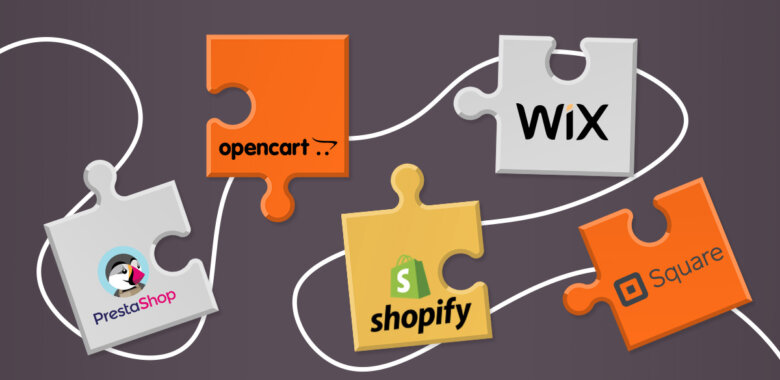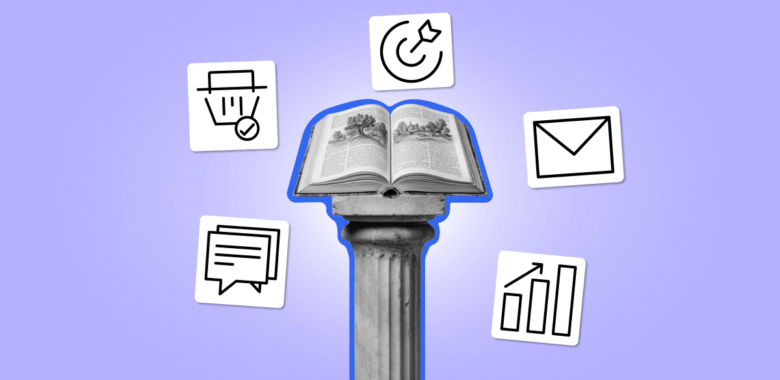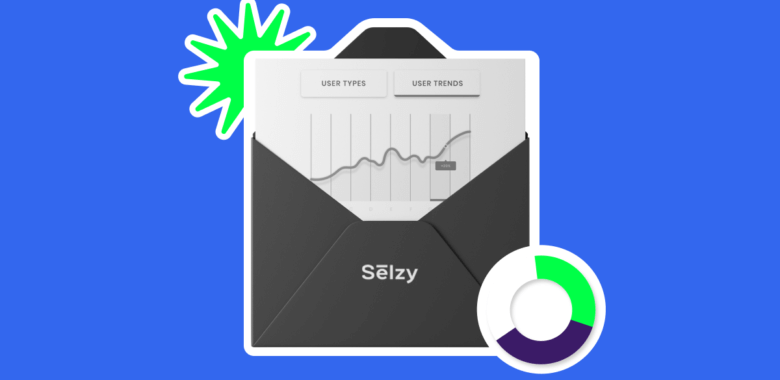How to choose the best e-commerce platform
The best way to do that would be to think about what features you value most in such a platform and compare the options that are available.
For instance, if you are a small business owner, you are likely to be looking for something affordable and basic. If you want to launch a big online store, you might want to invest in a scalable platform with plenty of advanced features.
Either way, here are the most important factors that you should consider before making your final decision.
Features
The first thing that you need to do is to make a list of features that are important to you. Do you need a platform that can handle a large number of products and abandoned cart recovery? Do you need advanced features such as gift cards, loyalty programs, or email marketing for small business? What about selling things on Facebook and Instagram? Once you know what you need, it will be much easier to find a platform that you will be satisfied with.
Ease of use
Another important factor to consider is how easy the platform is to use. You don’t want to end up with a platform that is too complicated for you to understand. After all, you are going to want to change the design of the store or product descriptions from time to time. It should be easy for you to do so.
Just keep in mind that ease of use is both objective and subjective. It depends on your preferences and on how experienced you are with such platforms. So, it might be a good idea to try a trial version of your chosen platform before committing to it.
Scalability
If you are planning on expanding your business in the future, you need to make sure that the platform you choose is scalable. In other words, it should be able to withstand an increase in users and load. That way, you won’t have to invest in a new platform once your business starts to gain customers.
Available templates
When it comes to the design of your online store, you will want to have a wide range of templates to choose from. In addition, you should be able to customize them to your liking. The more templates the platform has to offer and the more customizable they are, the easier it will be for you to find one that you genuinely like.
Apps and add-ons
Have you thought about using chatbots or launching a loyalty program? If so, then you need to make sure that the platform you pick has apps and add-ons that will allow you to do so. If a platform that you’re interested in doesn’t work with many third-party apps, you might want to consider investing in a different one instead.
Customer support
Remember to make sure that the platform you go with has excellent customer support. Even the best platforms can have some issues from time to time. If you encounter any problems, you will want to be able to get in touch with someone who can help you solve them as soon as possible.
Pricing
While you might be tempted to go for the cheapest option, it might not always be the best one. So, weigh the features that the platform offers against the price and that you actually need the features that you will be paying for. If you don’t want to invest in a platform blindly, consider choosing one with a free trial. That way, you can give it a try without investing any money into it.
It is also important to consider whether the platform has any hidden fees, such as transaction fees. If not taken into account, they can make the platform quite a bit more expensive than you initially thought.
Security
Finally, you need to think about security. You are going to be dealing with sensitive customer information such as credit card numbers. With that in mind, the platform you choose should have all the necessary security features in place. The most reliable ones include third-party risk management for vendors and the use of the latest and strongest data encryption.

















